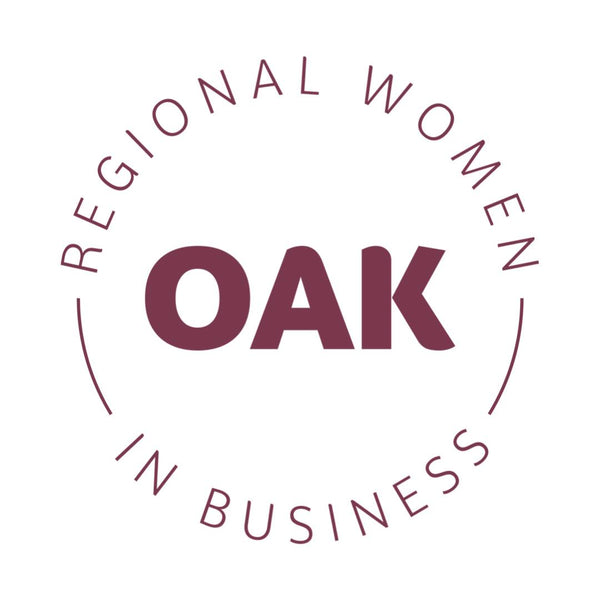Show your appreciation and support us in continuing to produce high quality content by sponsoring an episode or simply "buy us a coffee" - donate here
[Timestamp: 00:04:00]
This week Instagram announced significant changes to how it will recommend content, with a focus on original content and increased distribution for smaller accounts.
Gippsland based social media expert Erika McInerney from Mac&Ernie, says Instagram plans to down-rank aggregator accounts, which are profiles that primarily repost other people's content without significant modification or attribution.
“A few days ago, Adam Mosseri, who is the head of Instagram, posted one of his little intimate chats and just casually dropped a little bomb that, starting this US Summer, what they call aggregator accounts - I would call content curators, so people who build their accounts by reposting other people's content - well they're going to find their content down-ranked or not put forward as recommendations in feeds or in that discovery section," says Erika.
"Instagram has worked out how to track creative content like right back to the first time it appeared, and if it's starting to prove popular, they will actually go back, find the original piece of content and promote that instead and down-rank the aggregator account."
The new update is to ensure that original creators receive proper recognition and benefit from their work, addressing issues where aggregators profit from others' content without proper attribution.
"Accounts that they are trying to cut back on are those that just screenshot other people's content and stick it up as though it's their own. It's people who constantly re-share, re-share, re-share content and again don't attribute any credit to the original poster.
"These accounts sometimes make quite a lot of money off this content that they didn't create and then the poor little person who made it doesn't get anything."
There is a lot of talk about how this will impact business profiles. Erica says business owners are primarily concerned with how this will impact their reach and content creation.
"Particularly businesses that don't have a lot of time, ability, skills to create original content all the time, they may re-share from other places just to pad out their content.
"Imagine you're like an accountant and you don't really have a lot to say, so you're repurposing content from the ATO or repurposing content from other financial advisors or funny content or news updates; people are worried that they're going to have to now create all of their own content themselves.
"I don't think that's what's happening here. But again, I can't be 100% sure it's very early days yet.”
Content creators will need to adapt to the changing landscape. Erika recommends business owners add unique elements such as stickers, voiceovers, or original captions using the remix button on Instagram Reels.
"If you're going to share other people's content, you need to start adding something that enhances it. No more screenshots, no more straight re-posts.
"You are going to have to use the remix button if you're repurposing an Instagram Reel, for example, and add something of your own such as stickers, a voiceover or something else.
"If you're going to be sharing other content, then you're going to need to create your own caption.
"Be clear with your content. Write your own captions. Don't copy and paste anything because I imagine the algorithms are looking for things that have been copied directly."
Erica says using keywords strategically in captions and post is essential for visibility and discoverability on platforms like Instagram.
"I am making sure that everyone that I speak to understands that keywords are really important.
"And I know we use this all the time, but consistency is very important; both consistency in the style of your language and your visual identity. Being recognisable is important.
"We're talking about computers. We're talking about data. If you're using language and words and creative that reinforces and makes it very clear what your message is about, what your business does, who it's for, you will have a better chance of being recommended.
"Algorithms do not guess. So if you are vague, if you don't use many words, if your creative is a bit vague, then the algorithms won't know what you're talking about or who you're for."
Meta has also recently introduced AI Search, which Erica says signifies a fundamental shift in how users engage with content on social media platforms.
"The other enormous piece of news that's come out recently is Meta's switch to AI Search, and that has fundamentally changed the way that Facebook and Instagram work. The effects of that are still rolling out.
"Now we have this AI powered search and it's very, very different to what we're used to. People are going to have to change their habits.
"I think that as that gets more and more powerful and people start to understand how to use that better, that's when I think hashtags are going to become less significant, because people are going to start searching the way that they do on Google where they're actually searching for phrases and ideas rather than looking for a compilation of ideas around a particular hashtag, for example.”

